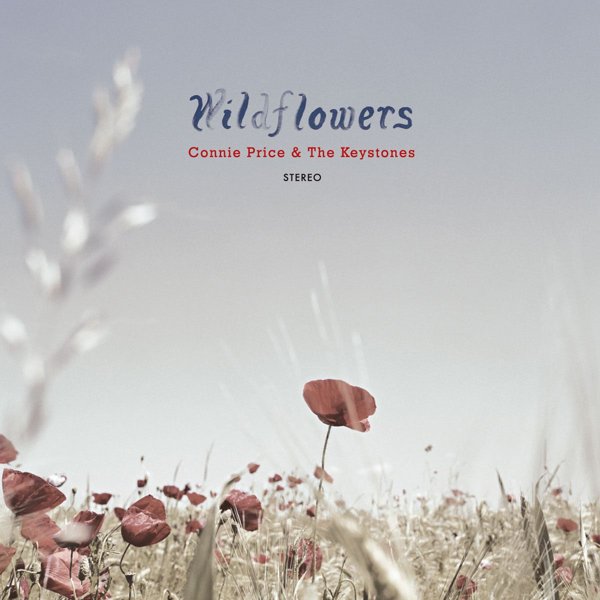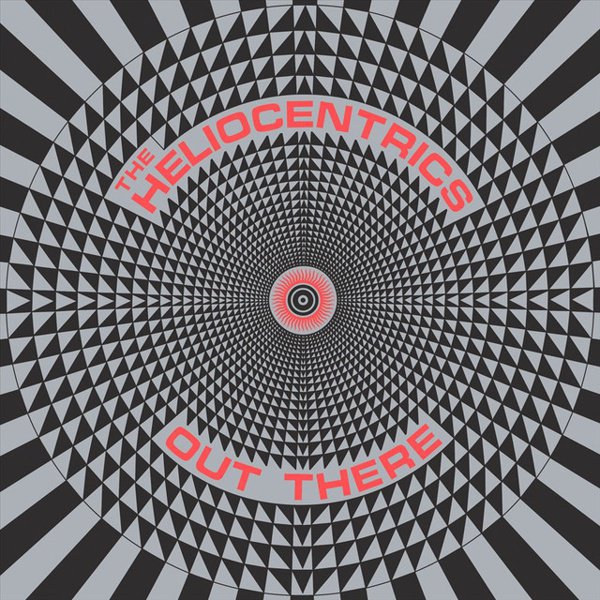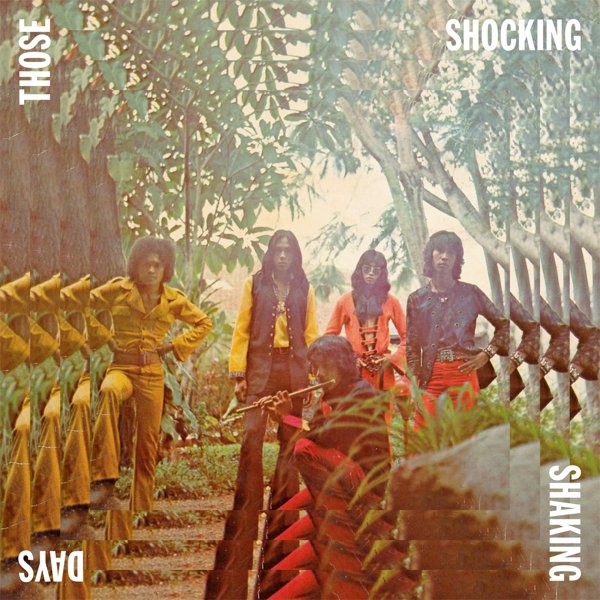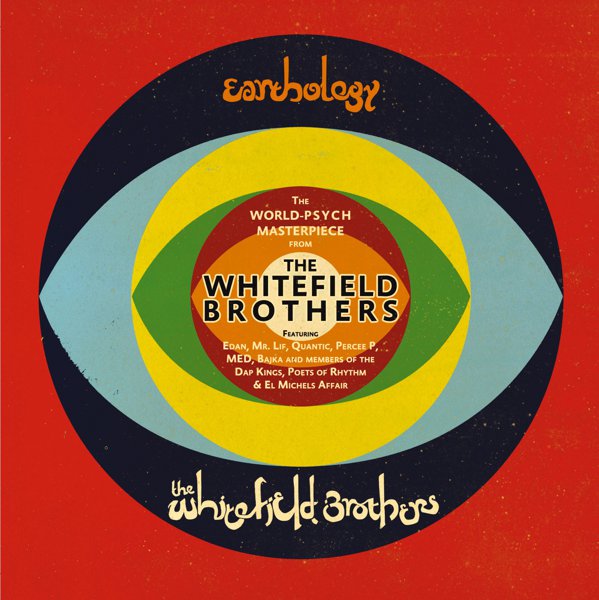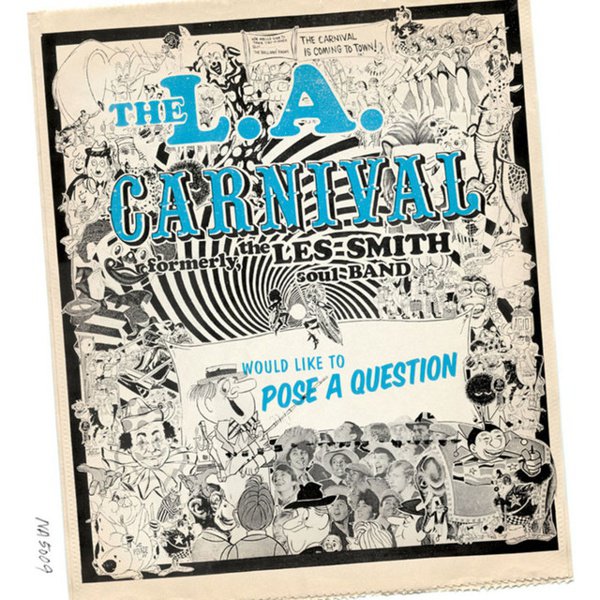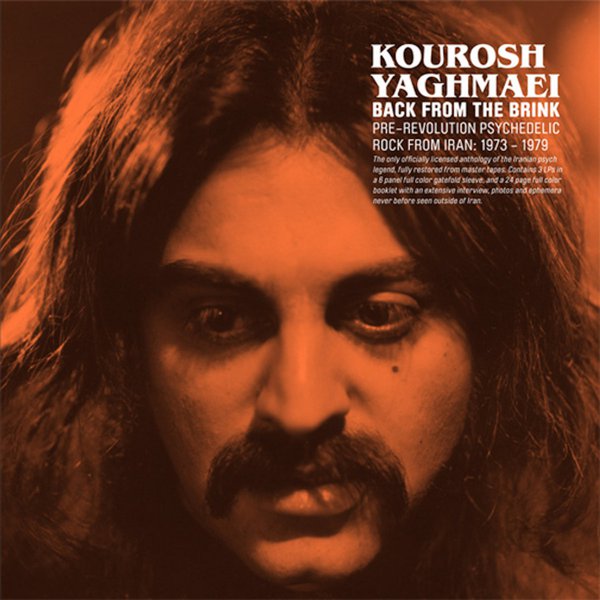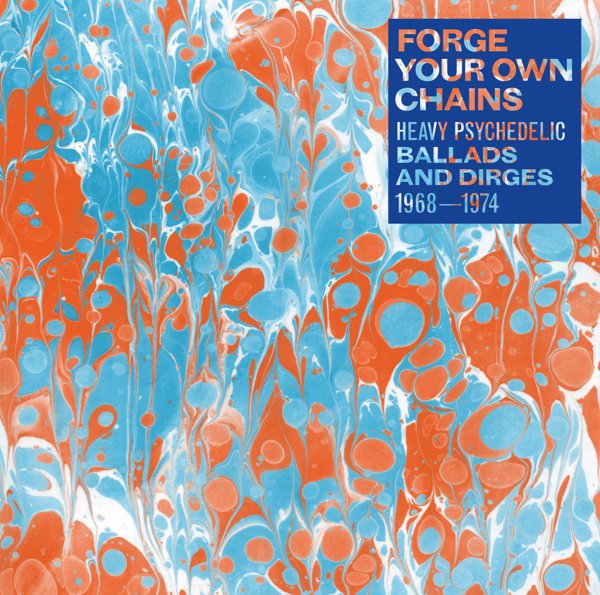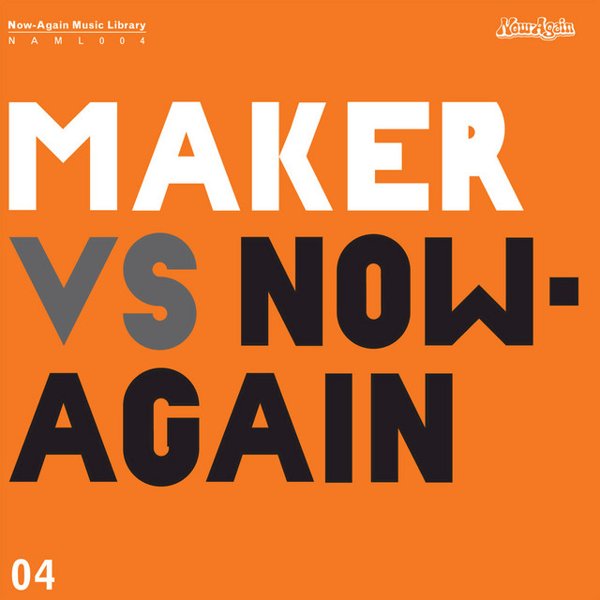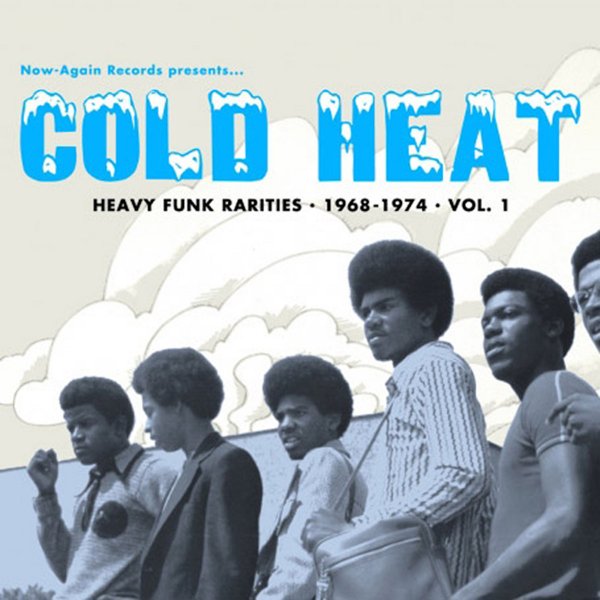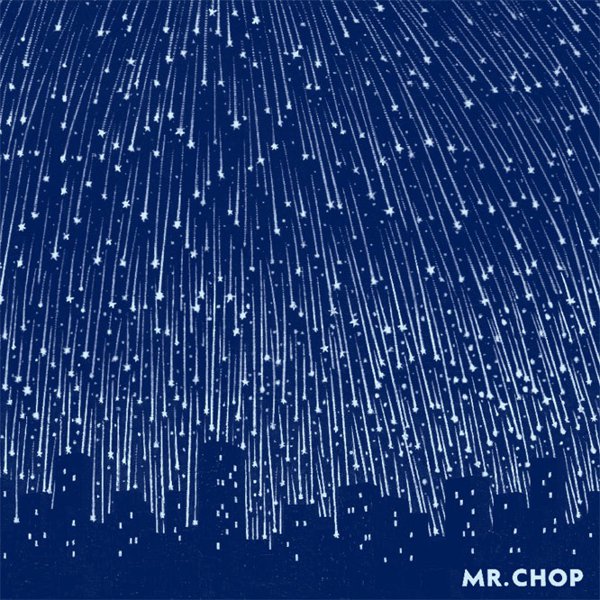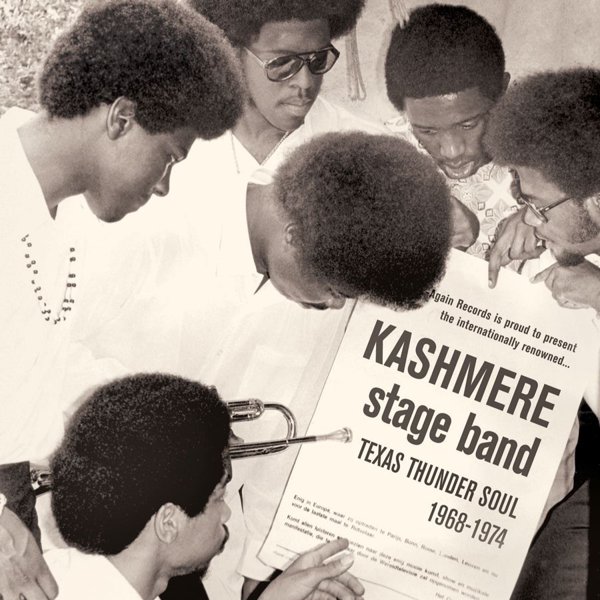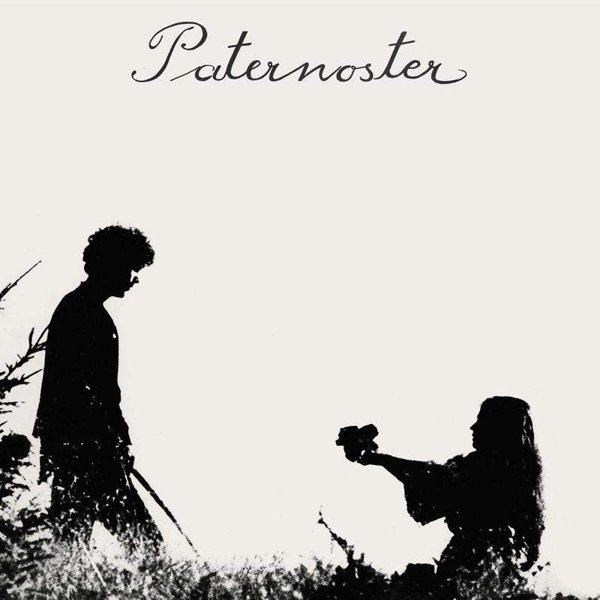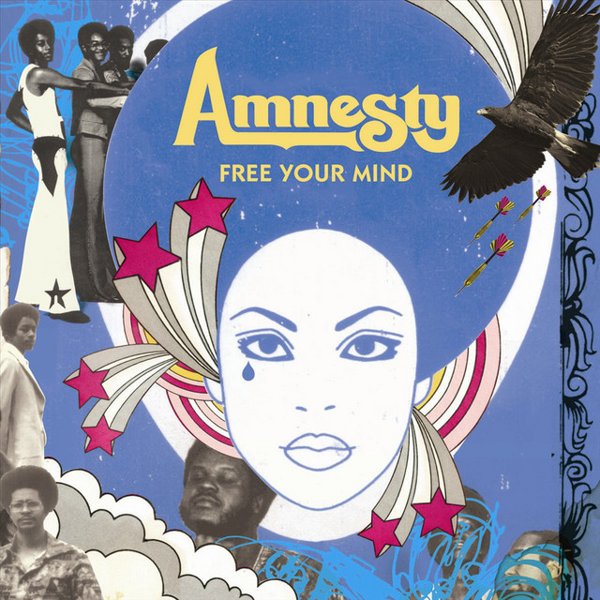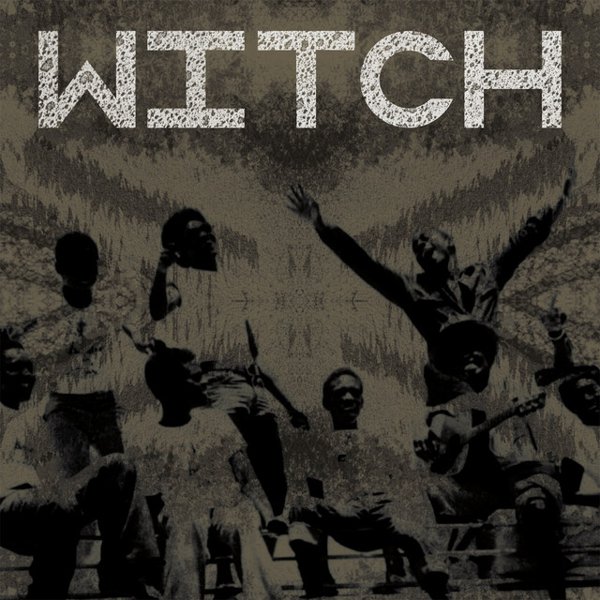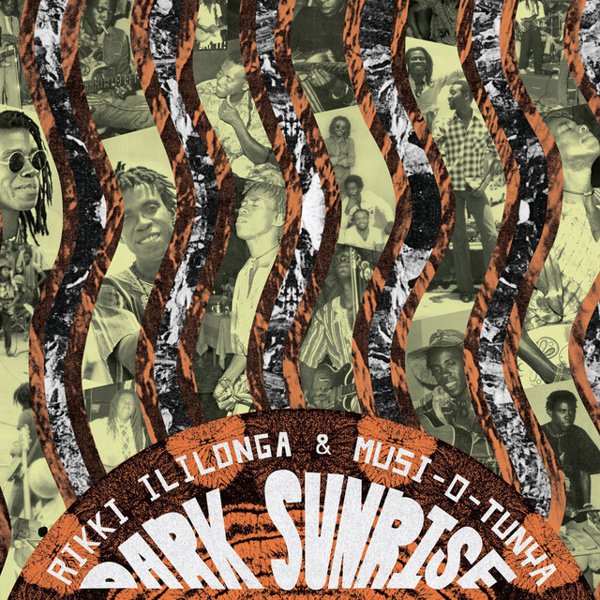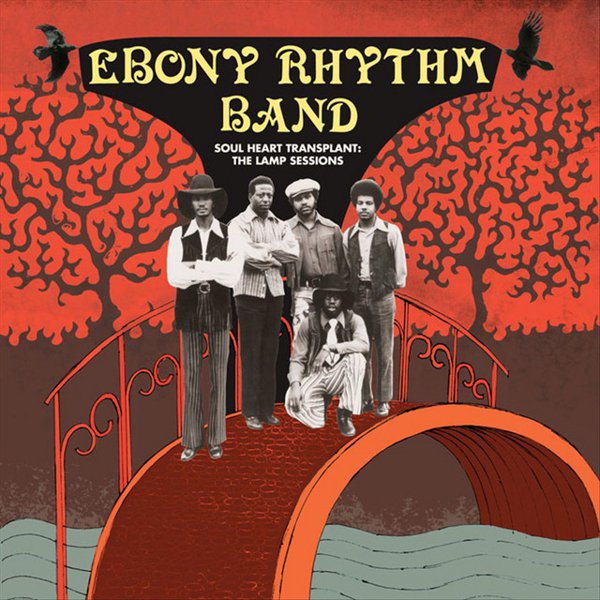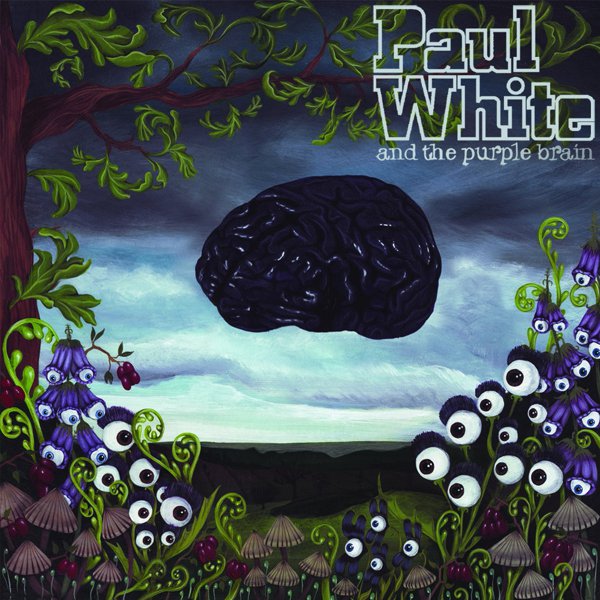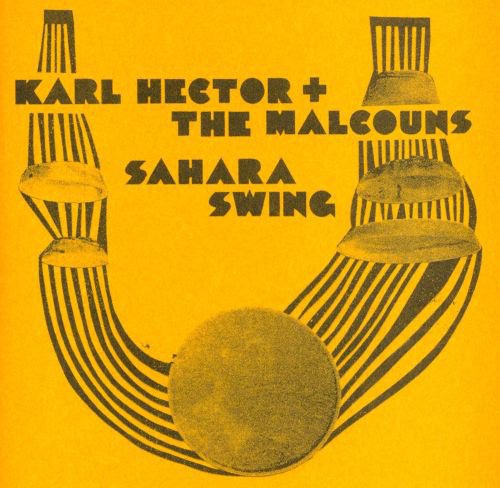Think about your stereotypical rare vinyl collector — the worst possible representative of the hobby, who zealously guards all info and knowledge of impossibly hard-to-find and underheard music for themselves and maybe a small circle of friends, who values obscurity for its own sake, whose only investment in the finds they rescue from the realm of the ephemeral is a financial investment. Now imagine the kind of cratedigger who refuses to stop at just “nobody else has this,” who wants to know who made the music, how it was made, and what happened to the musicians afterwards — and who, more than anything, wants as many people as possible to get their minds blown in the same way.
If anybody stood athwart the solipsistic Record Guy mindset à la Indiana Jones shouting “that belongs in a museum!” during the peak internet collector-frenzy years, it was Eothen “Egon” Alapatt. The kind of ceaselessly curious music head whose fascination with classic vinyl had him crossing paths with cult heroes from Hair composer Galt MacDermot to sample-freaking college radio co-host Count Bass D, Egon came into his own as a curator as the general manager at Stones Throw. When a rare funk compilation he assembled for the label, The Funky 16 Corners, took off in 2001, he was soon entrusted with his own imprint, which initially emerged with a succession of expansive and like-minded funk reissues before gradually sprawling out into every genre a beathead would ever go searching for nuggets in. No matter the era, genre, language, nation, or popularity, Now-Again had the tendency to find an importance in everything it put out — even if it was only important at the time to the people who made it.
Another great thing about Now-Again is that for all the long-past years and older-gen fashions that wind up adorning its reissues’ titles and covers, there’s never a sense that this is retro kitsch or woozy nostalgia — after all, even the name of the label points more to musical history as an echo rather than a thing to be discarded and exhumed. It’s the kind of philosophy that clicks with so many artists Egon’s worked alongside — and not just Madlib, his long-running co-cratedigger and past-mutating futurist. There’s also the litany of contemporaneous artists like Heliocentrics, the Whitefield Brothers, and Paul White, who came of age under the aegis of hip-hop’s making-the-new-from-the-old production innovations and realized the music of earlier generations was better off being rebuilt in new images than discarded when trends died down. Here are some of the label’s best releases — a broad-scope of outside-the-ordinary selections which prove that some long-lost music can, in fact, sound like now again.

